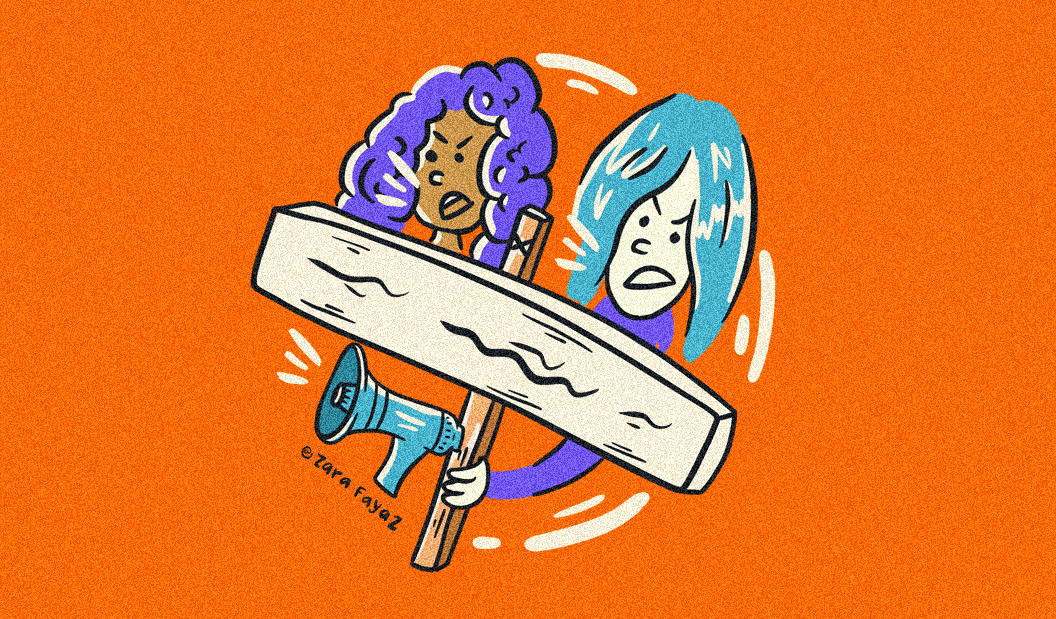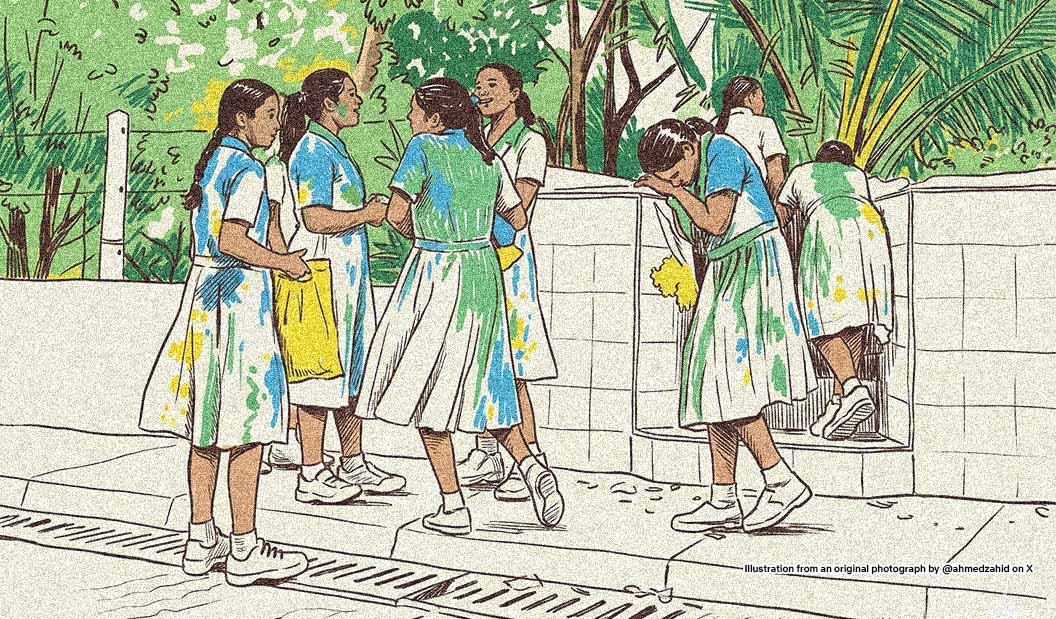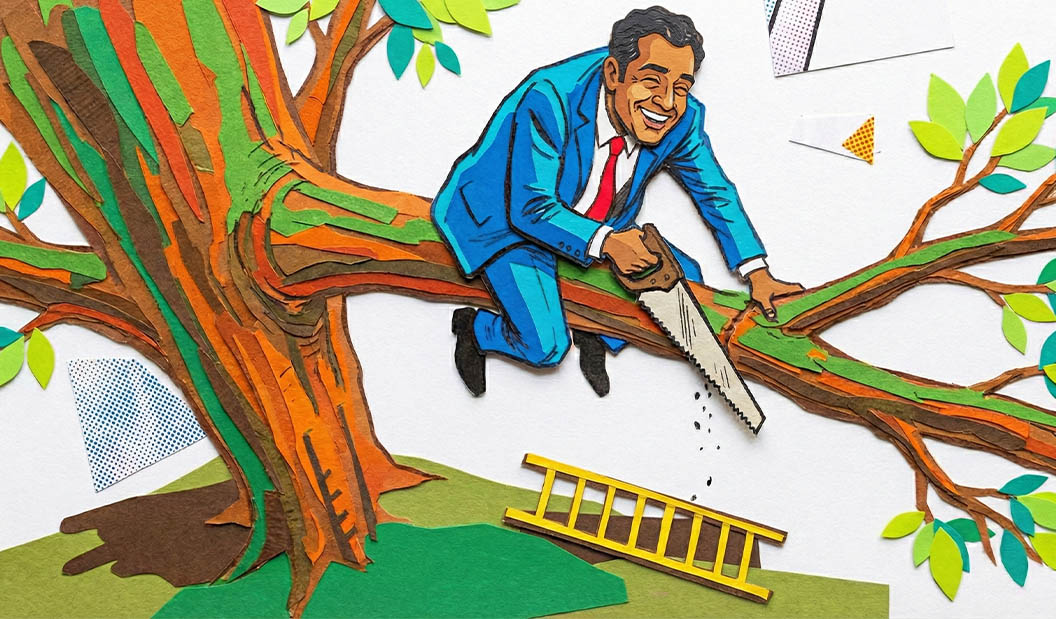This is uncomfortable. This is brutal. Violence against women and girls persists at the same unabated rates, decade after decade. A 2007 survey showed one in three Maldivian women had experienced physical or sexual violence in their lifetime. One in four partnered women reported intimate partner violence. A decade later, the Maldives Demographic and Health Survey 2016-17 found nearly the same data. A Parliamentary inquiry conducted in 2021 examining the broader systems and structures around gender issues confirmed both the pattern and the perceptions.
The statistics from the Maldives, and globally are clear: the overwhelming majority of violence against women and girls is perpetrated by men. Responding after violence occurs is necessary work. But prevention requires confronting the persistent patriarchal norms that enable this violence: the attitudes that place the burden of safety on women rather than holding men accountable, that tell girls to change their behaviour rather than teaching boys not to harm, that silence survivors through stigma, that teach girls to accommodate and boys to dominate.
Raise Boys Who Know Real Strength Is in Respect, Not Violence
Real prevention starts early. It is in how we raise our boys. The real work is in how we as families, as a community, and as a nation raise our sons.
Imagine boys growing up knowing, deeply and without question, that the girls and women in their lives are not there to serve them, or please them, or absorb their frustrations. Boys who understand that strength is not found in dominance but in kindness. Boys who believe that their sisters, their classmates, their future partners deserve equal freedoms, equal dreams, equal safety.
This is not about lecturing boys on what not to do. It is about showing them what is possible. It is friends who refuse to laugh along when misogyny masquerades as banter. It is fathers treating mothers with respect. It is brothers standing up when they hear degrading talk about girls. It is national leaders who refuse to normalise disrespect, who use their microphones and their megaphones to speak of women with dignity, and not as punchlines. It is comprehensive education that teaches respectful, healthy relationships as naturally as it teaches algebra.
Prevention is about raising men who would be horrified at the thought of causing harm. Men who understand that a society where women and girls are safe is a society where everyone can flourish.
Quite simply, we want our community to be less toxic, more empathetic, just kinder. That is what meaningful prevention looks like. That is the son we need to raise.
This Is a Development Issue: Put It in National Plans, National Budgets, and Party Manifestos
The staggering scale and prevalence of gender-based violence in the country make this a national development issue and therefore require comprehensive and thoughtful policies with long-term vision and commitment. When half the population lives under the threat of violence, when women’s financial independence is obstructed by fear, when girls grow up knowing their safety is conditional, this constitutes a fundamental barrier to national development itself. As the Maldives develops its 20-year National Development Plan, this presents a critical opportunity to centre gender-based violence not merely as a social issue but as a development challenge requiring adequate, sustained policies on prevention and protection.
Policy also means budget and funding. Government budgets do not reflect the scale of resources required. But the violence does not diminish when funding diminishes. It worsens. Even given the fiscal crisis in the country, funding for violence prevention and protection cannot be treated as discretionary spending. It is essential infrastructure, as essential as the bridges and airports and futsal grounds.
Yet violence against women and girls has become background noise in our political discourse. Subsuming it under a “family” portfolio dilutes accountability and signals retreat from commitment. Substantive Parliamentary debate on the issue is virtually absent. Political parties do not campaign on concrete commitments beyond general statements, and addressing gender-based violence is rarely part of their manifestos. This must change.
Address Economic Vulnerability
Women trapped in economic dependence cannot escape their abusers. Financial autonomy is essential for both prevention and protection.
The statistics from the country reveal the extent of economic vulnerability: women’s labour force participation lags far behind men. Women earn an average of MVR 7,995 monthly versus MVR 12,169 for men. Women comprise 92% of those citing family responsibilities as their reason for not working. This creates a cycle where financial constraints reinforce exposure to violence.
These barriers alongside cuts in the national budget allocated for social protection systems all hinder women’s ability to survive independently.
Guarantee Access to Justice
Access to justice is a critical link in the machinery of prevention and protection. When women know the law is on their side, when they feel assured of protection and safe in the system, this emboldens them to seek help, prevents violence from escalating, and even saves lives.
On paper, the Maldives has all the legislation a country might need: constitutional protections, provisions in the Penal Code, in the Criminal Procedues Act, the Gender Equality Act, the Domestic Violence Prevention Act, the Sexual Offences Act, the Prevention of Sexual Harassment Act. Yet legislation is meaningless if women remain unaware of it. And when they do seek justice, the system fails them. Damningly, 80% of women do not know about available legal aid services. 59% of women report dissatisfaction with police services because they do not trust they will be heard, believed, or protected.
For women outside Malé, the situation worsens. High legal costs create insurmountable obstacles. Magistrate courts in the islands prioritise reconciliation over protection, actively undermining women’s safety. In small islands, weak enforcement of protection orders means paper protections translate into no protection at all. Access to justice cannot depend on where you live or how much money you have.
Build Institutional Capacity Where It Counts
Capacity matters most where women and girls first encounter the system: police stations, courts, and support services.
Police remain underfunded, under-resourced, and inadequately trained in trauma-informed approaches. When police cannot respond effectively, women are left unprotected and perpetrators act with impunity. The judiciary needs sustained and specialised training in gender-sensitive adjudication. When judges lack this training, survivors face re-traumatisation in courtrooms, and abusers remain free to harm again. Shelters and survivor support services require adequate funding and trained staff.
When these services fail, women have nowhere safe to turn and must choose between homelessness and returning to their abusers.
Support Civil Society as Essential Infrastructure
The retreat of international and local funding from Maldives civil society organisations has left a critical gap in prevention and protection. Civil society organisations underwrite the work of the state, often providing services the state apparatus cannot reach. They are more embedded in communities. People trust them more, seeking the confidentiality and personal attention that formal institutions struggle to provide.
Diminishing civil society space in the Maldives leaves glaring gaps in legal support for women navigating the justice system, in protection when state services fail, in advocacy that keeps violence against women and girls on the political agenda, in research that documents the reality, and in prevention programmes that reach young girls before violence begins.
Civil society infrastructure is as essential to addressing gender- based violence as the police or the courts.
What Sixteen Days of Activism Should Mean, And Confronting Digital Violence
This year’s global theme focuses on digital violence, and rightly so. Digital violence is now among the most prevalent forms of gender- based violence. The anonymity and distance that digital communication and social media especially provide fuel perpetrators. Used irresponsibly, artificial intelligence is only set to make the landscape more treacherous, with a minefield of deepfakes, image-based abuse, automated harassment. Our legal frameworks and institutional responses must adapt at the speed of technological change.
None of this is straightforward, and none of it is cheap. And it is the long game. But as the 16 Days of Activism to End Gender-based Violence begins today, the fundamental demand for all of us is clear: how we transform our society to end this unconscionable violence. We strive for this not because it is easy, but because a kind, a safe, a respectful community is what we owe our daughters and our sons. This is the generation we build.




Leave a Reply